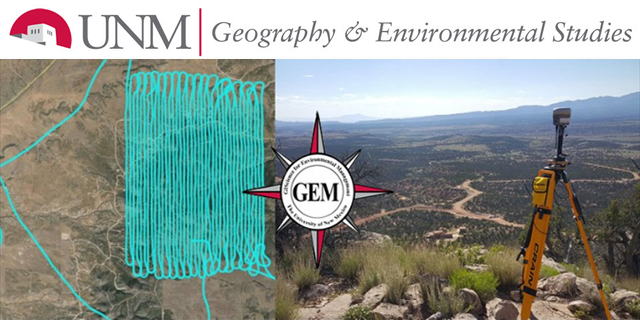
Geography ETDs
Publication Date
Spring 5-10-2026
Abstract
This paper highlights how social identities like polygamy, illiteracy, and ethnicity hinder rural women farmers in Ghana from adapting to climate change. It advocates for an intersectional approach to address these challenges, moving beyond simplistic gender binaries. Using qualitative interviews (n=49) in a flood-prone village in Berekum, Ghana, the study reveals how these identities intersect with gender roles and colonial legacies, exacerbating vulnerability. It bridges Black feminist thought with climate change, an underexplored area, offering insights into climate change and environmental studies, as well as Black feminist scholarship. This research urges a reevaluation of how we understand climate change in relation to race, gender, and other social identities.
Degree Name
Geography
Department Name
Geography
Level of Degree
Masters
First Committee Member (Chair)
Natasha Howard, Ph.D.
Second Committee Member
Benjamin Warner, Ph.D.
Third Committee Member
Chris S. Duvall, Ph.D.
Document Type
Thesis
Language
English
Keywords
Gender, Salient Social Identities, Climate Change, Vulnerability, Maladaptation, Intersectionality
Recommended Citation
Oppong, Kingsley Damoah. "The Role of Gender and Salient Social Identities in Producing Vulnerability and Maladptation to Flooding in Koraso, Berekum, Ghana." (2026). https://digitalrepository.unm.edu/geog_etds/75
